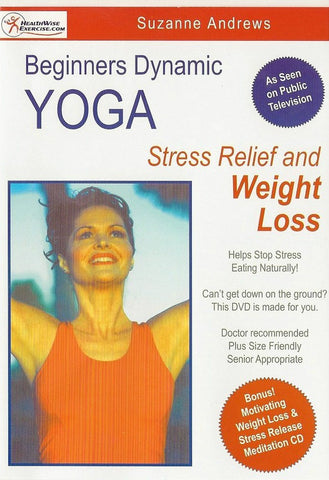Do I have to Stop Drinking Alcohol to Lose Weight?
by Suzanne Andrews
5 Things You Must Know About Alcohol for Weight Loss.
Would you like to permanently say goodbye to your over-sized clothes? We've all heard the cautionary tales about alcohol, weight loss, and how the two don't mix.
There are some very sound reasons to avoid alcohol when you're trying to lose weight. There are also plenty of healthier options for dieters who like a little drink now and then.
Here is a list of the reasons why alcohol can slow your weight loss and affect your weight.
- Alcohol is High in Nutrient Empty Calories.
The difference is that proteins, carbohydrates, and fats pack nutrition into their calories. Calories from alcohol do not provide nutrition, and will not satisfy your hunger. This makes it easy to keep drinking – and racking up a high calorie count.
- Alcohol Delays the Fat-Burning Process.
If you can't bring yourself to abstain from alcohol, try sipping wine instead of beer or cocktails. Dr. Atkins considered the most diet-friendly drinks to be wine, hard liquor, or either of the above mixed with seltzer, tonic water, or diet soda. While losing 60 lbs I opted for a white wine spritzer once a week. The trick is to drink it very slowly and not on an empty stomach. Have a salad with water first and drink sips of water in between your drink.
- Excessive Alcohol Consumption is Linked to Higher BMIs.
Participants with the highest BMIs drank alcohol less frequently, but consumed several drinks at a time. As with any food, alcohol isn't disastrous in small quantities. The real danger lies in overindulgence.

- Alcohol Ads Are Misleading.
While it is technically true that straight liquors are distilled and therefore contain no carbs, they still contain plenty of calories and no nutritional value. Beer and wine do contain carbohydrates, which can lead to cravings and bloating. Mixed drinks are the worst of the lot, as they contain all sorts of added sugar and calories.
- Alcohol Lowers Inhibitions.
When we drink alcohol, our inhibitions go down. This can cause us to make decisions we would never consider while sober. When a dieter's inhibitions are lowered, they may find it difficult to say no to overeating or eating rich foods that are high in calories.
Intoxicated dieters might be susceptible to friends' urges to try "just one bite", or their insistence that "just one time won't hurt". Mindless snacking is also common while drunk.
While the occasional planned splurge can actually help you stay on track to lose weight, alcohol can lead to an unplanned splurge followed by guilt and discouragement.
It's up to you. The bottom line is that any diet boils down to how many calories you consume versus how many you burn.
In small quantities, alcohol can be an occasional part of your weight loss plan. Just tread carefully, save the harder drinks for special occasions, and factor the extra calories into your daily total.
Do you have weight loss questions? Contact me at http://healthwiseexercise.com
Suzanne Andrews founded Functional Fitness in 2008, the most popular fitness series for boomers and seniors broadcasting on over 159 Public Television stations throughout the US and Canada. Read Suzanne’s inspiring comeback story of how she survived a near fatal accident, From Deaths Door to Producing a National Fitness Series. Feel free to send Suzanne a message here.






